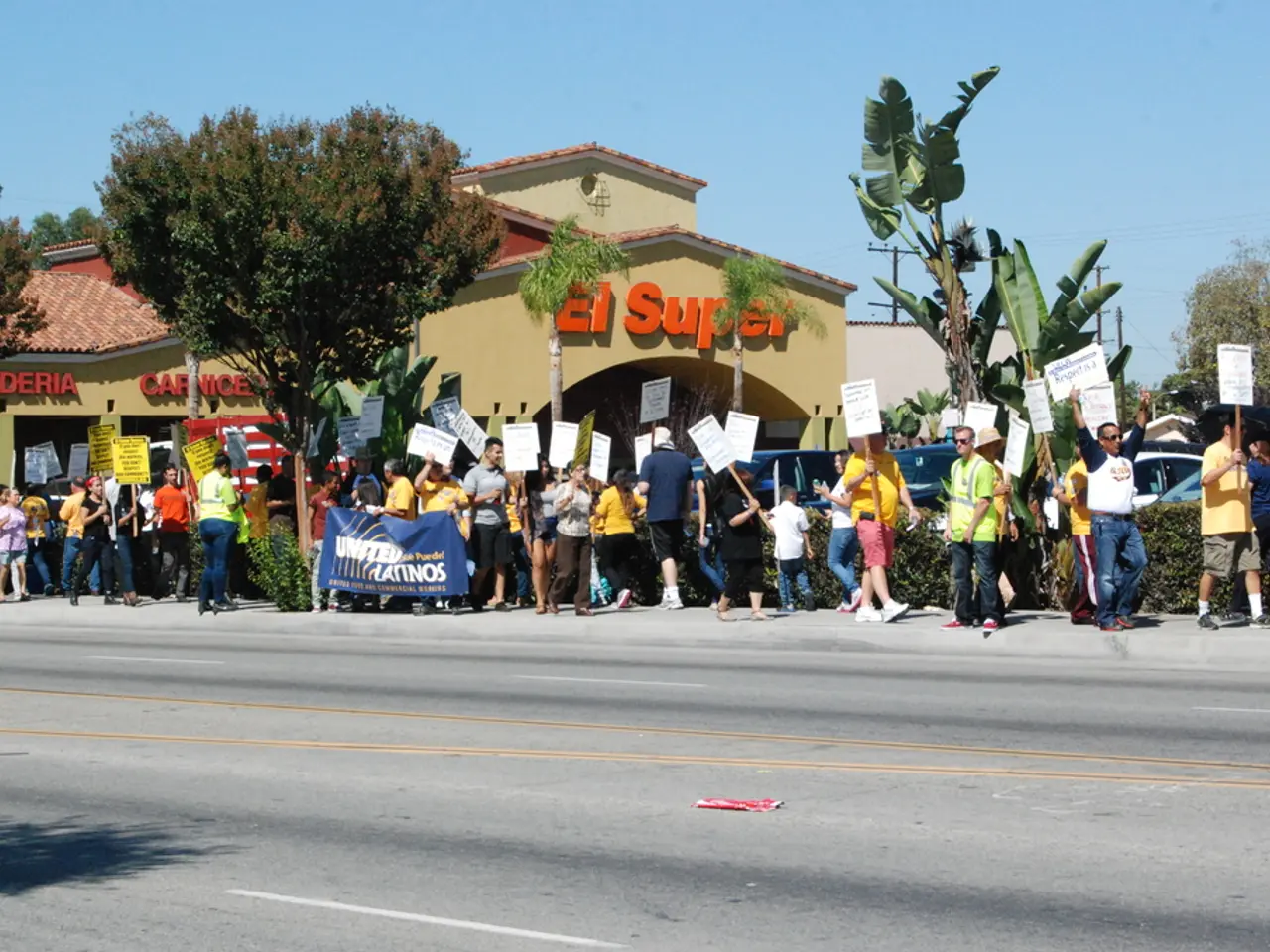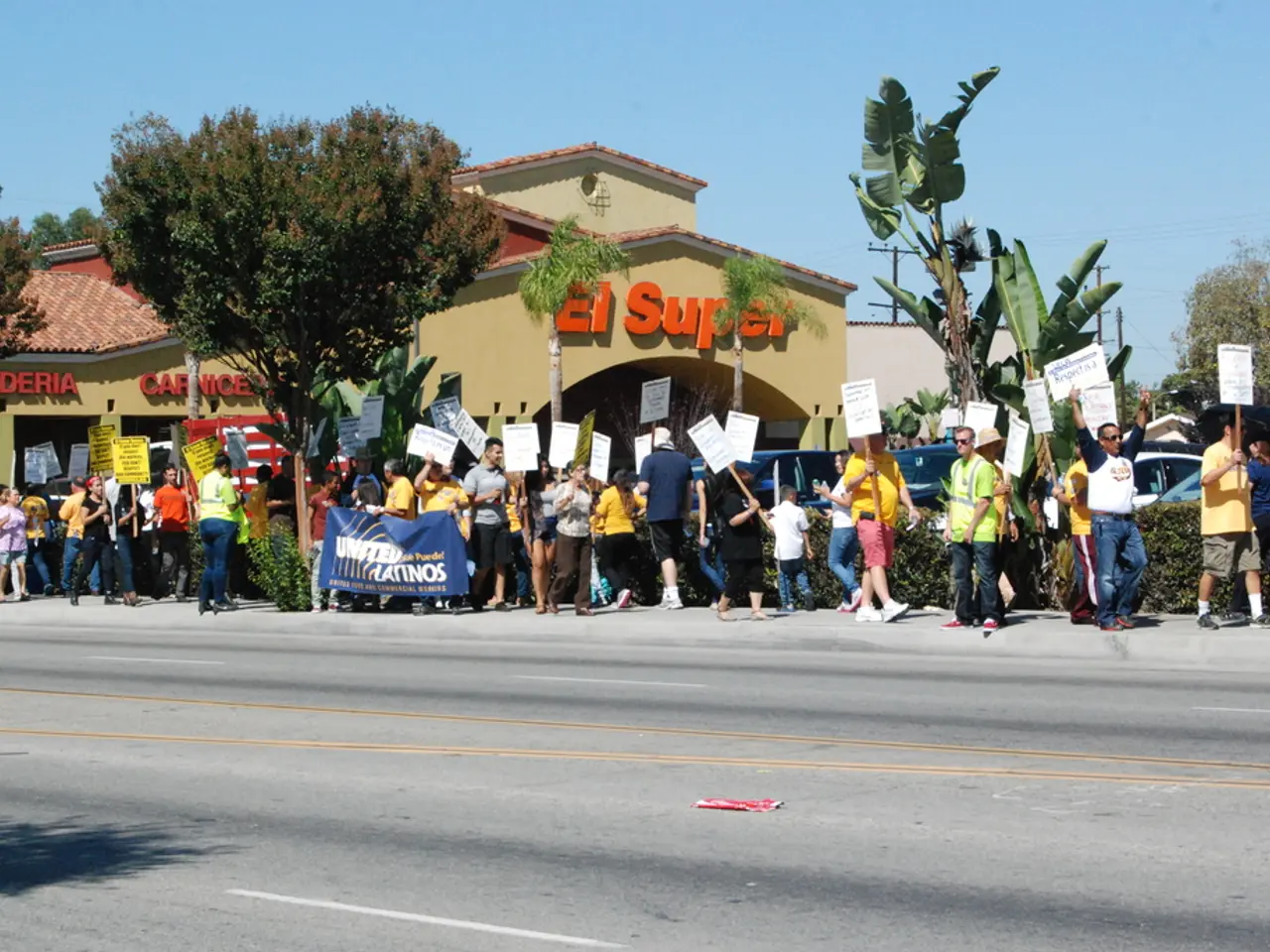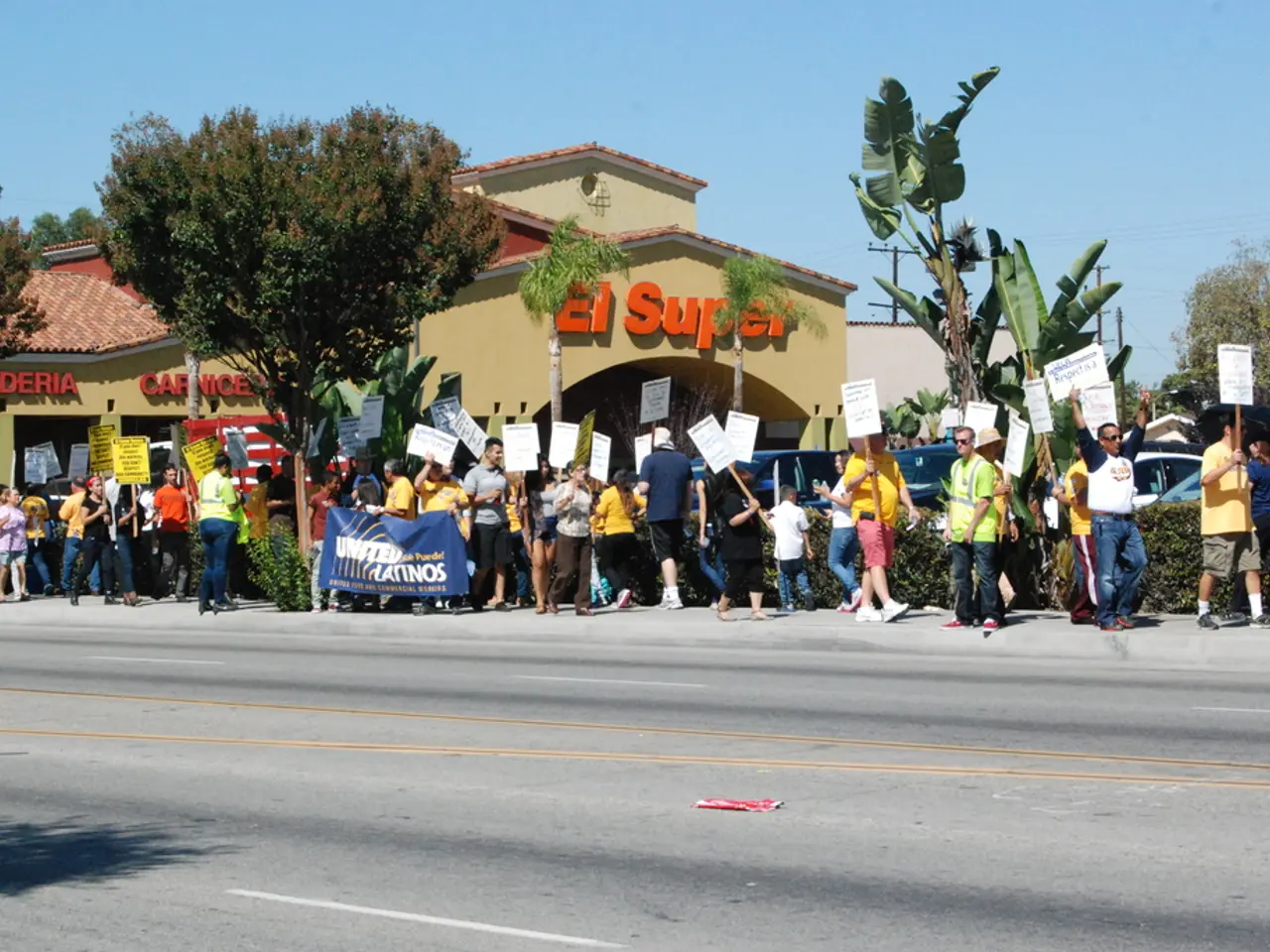Strategies for making the Conservative Party attractive to young adults similar to myself
In the upcoming 2024 UK general election, millennials are poised to play a significant role, making up the largest age cohort in 51% of constituencies. To capture their votes, political parties must address the concerns of this demographic, particularly in the realm of tax policies.
Millennials, many of whom are entering the housing market, are sensitive to property transaction costs. Parties could adopt a progressive, tiered system for stamp duty (or Land and Buildings Transaction Tax in Scotland) similar to the SNP’s approach, which replaced flat-rate stamp duty with a graduated tax. This could lower or exempt stamp duty for first-time buyers or properties below certain thresholds, easing barriers to homeownership for younger voters.
Addressing the tax burden on millennials is also crucial. Adjusting income tax to benefit low and middle earners can appeal to this demographic, who are often in early or mid-career stages with moderate earnings. The SNP has adjusted income tax so that those earning under £33,000 pay less, while higher earners pay more. Raising personal allowance thresholds or increasing tax-free amounts for lower incomes can reduce the tax burden on millennials.
Council tax reform is another critical issue. Often criticized as regressive and outdated, a more progressive local taxation system could win support from millennials burdened by high living costs. The SNP has supported a local income tax, aiming for fairness at the local level. Introducing graduated or banded reforms, exemptions for low earners or students, or moving towards income-based local taxation could be appealing to millennials.
Beyond these specific policies, broader themes of tax fairness could resonate with millennials concerned about economic inequality. Proposals like charging VAT on financial services used primarily by the wealthy have been suggested as a way to raise billions and challenge existing tax loopholes benefiting the rich.
In summary, key tax-related policies to prioritize are progressive, tiered stamp duty reforms easing home purchase costs for younger/first-time buyers; raising income tax thresholds or implementing progressive rates favoring low/middle incomes; replacing or reforming council tax towards a more graduated, income-sensitive local tax model; and addressing tax loopholes that mainly benefit the wealthy to improve overall tax fairness.
These measures address affordability and fairness concerns central to millennial voters' interests in housing and living costs and could differentiate parties in the 2024 contest. However, it's important to note that other policy areas, such as adult social care, SMEs, childcare costs, and housing, also hold importance for millennials.
As the general election approaches, political parties must start speaking to the millennial generation again, addressing their concerns and offering solutions that cater to their unique needs and interests.
- To secure the millennial vote in the 2024 UK general election, political parties should focus on implementing progressive, tiered reforms for stamp duty, raising income tax thresholds, introducing graduated or banded reforms to council tax, and addressing tax loopholes that primarily benefit the wealthy, to address affordability and fairness concerns in housing and living costs.
- In addition to specific tax policies, political parties should also address broader themes of tax fairness, such as proposing ways to challenge existing tax loopholes that mainly benefit the rich, as these concerns are central to millennial voters' interests in promoting economic equality.








